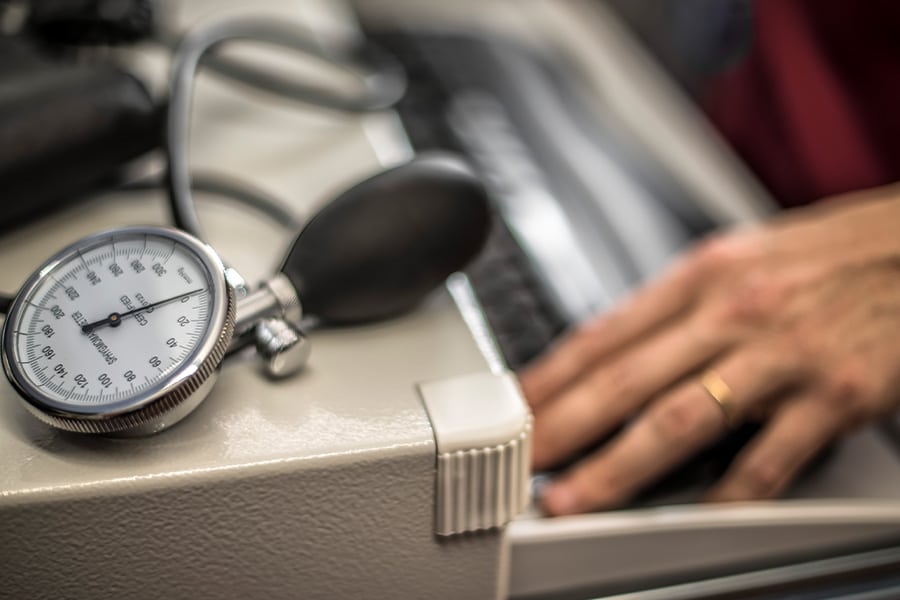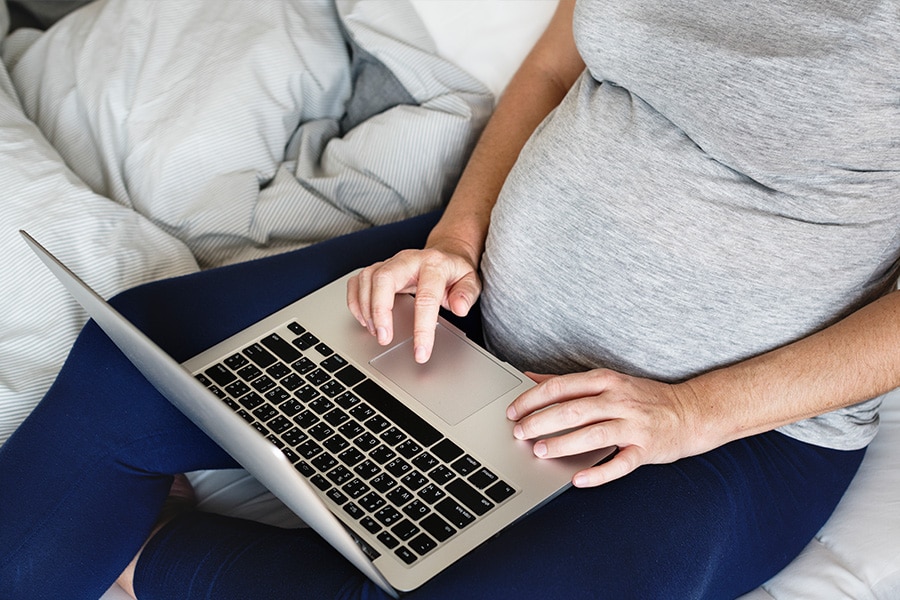Updates regarding the current COVID-19 crisis are changing by the minute. There are opinions – and then there are the facts. It’s important to stay informed for the health of you, your family and the wider community. Stay educated – not scared.
So what are the vital facts you need to know right now? For up-to-date information, visit the Department of Health website at https://www.health.gov.au/news/health-alerts/novel-coronavirus-2019-ncov-health-alert.
For current data on COVID-19 infections by geographical locations, please check: https://www.health.nsw.gov.au/Infectious/diseases/Pages/covid-19-lga.aspx
If you are concerned that you have contracted COVID-19 please call the Hotlines in place for this virus. Coronavirus Health Information Line 1800 020 080 or Healthdirect Hotline 1800 022 222.
In the meantime, read ahead for some information on how we here at Walker Street General Practice can help.
So what is Covid-19?
Coronavirus is a group of viruses that typically cause respiratory and flu-like symptoms, including sneezing, coughing, sore throat, shortness of breath, fever and headache. Covid-19 originated in China during late 2019 and has been classified as a pandemic, indicating prevalence and a risk of spread globally.
How does Covid-19 spread?
The virus can spread through respiratory droplets when sneezing or coughing, or on contaminated surfaces. Some patients may show symptoms and others may not. There is also evidence Covid-19 may be transmissible via food and stool contamination.
What are the symptoms of Covid-19?
The symptoms of COVID-19 are similar to other colds and flus and include:
- fever
- sore throat
- cough
- tiredness
- difficulty breathing.
While coronavirus is of concern, it is important to remember that most people displaying these symptoms are likely suffering with a cold or other respiratory illness – not coronavirus.
So what do YOU need to be doing?
First things first: wash your hands – thoroughly! This week we posted a demonstration video on our Facebook page showing you how we should all be washing our hands – and the reasons why this is so effective in preventing the spread of germs. Check it out here.
You should also practice social distancing, minimise unnecessary crowd contact, cover your nose and mouth when sneezing or coughing and be diligent with food and general hygiene. Visit https://preview.nsw.gov.au/covid-19 for more instructional information.
What do I do if I develop symptoms?
If you develop symptoms within 14 days of arriving in Australia or within 14 days of last contact with a confirmed case, you should arrange to have a telephone appointment with us for an urgent assessment. Our doctors will determine if you meet the criteria for Covid-19 testing.
If you need to be tested you will be directed to our Bowral District Hospital (BDH) flu clinic at the local hospital in Bowral. The BDH flu assessment clinic is located at the outpatient clinic with access off Ascot Road, Bowral. It is advised that you call the flu clinic on 4861 0145 for screening prior to presentation to tell them about your history. You must remain isolated either in your home, hotel or a health care setting until public health authorities inform you it is safe for you to return to your usual activities.
Should I be tested for Covid-19?
Your doctor will tell you if you should be tested. They will arrange for the test.
You will only be tested if your doctor decides you meet the criteria:
- You have returned from overseas in the past 14 days and you develop respiratory illness with or without fever.
- You have been in close contact with a confirmed COVID-19 case in the past 14 days and you develop respiratory illness with or without fever.
- You have severe community-acquired pneumonia and there is no clear cause.
- You are a healthcare worker who works directly with patients and you have a respiratory illness and a fever
If you meet any of these criteria, your doctor can request you are tested for COVID-19. It is important to remember that many people with symptoms similar to COVID-19 will not have the virus. Only suspected cases are tested to ensure our labs are able to cope with the demand. There is no need to test people who feel well and do not meet the criteria above.
Note that the criteria is constantly changing as determined by the authorities
Who is most at risk of a serious illness?
Some people who are infected may not get sick at all, some will get mild symptoms from which they will recover easily, and others may become very ill, very quickly. From previous experience with other coronaviruses, the people at most risk of serious infection are:
- people with compromised immune systems (e.g. cancer
- elderly people
- aboriginal and torres strait islander people, as they have higher rates of chronic illness
- people with chronic medical conditions
- people in group residential settings
- people in detention facilities
- very young children and babies.*
*At this stage the risk to children and babies, and the role children play in the transmission of COVID-19, is not clear. However, there has so far been a low rate of confirmed COVID-19 cases among children, relative to the broader population.
How can WSGP help?
If you believe you have contracted Covid-19, please visit the following link which offers a list of private pathology coronavirus collection centres in South Western Sydney: https://www.swsphn.com.au/pathology-centres. Of course, as your local GP we are still here to answer any of your queries – just give us a buzz on 02 4861 3855.
Given these challenging times, we are offering bulk billed Telehealth services at no out of pocket cost to you; that is, phone and video consultations.
Repeat authorised scripts and referrals can be done over the phone.
It’s a crazy time for all healthcare workers right now – but we are here to help our local community as much as possible. Stay safe, stay informed and we will all get through this together!
For more FAQ’s regarding self-isolation, social distancing/gatherings, work/school, wearing face masks and treatment of Covid-19, please visit the DOH website at www.health.gov.au.




